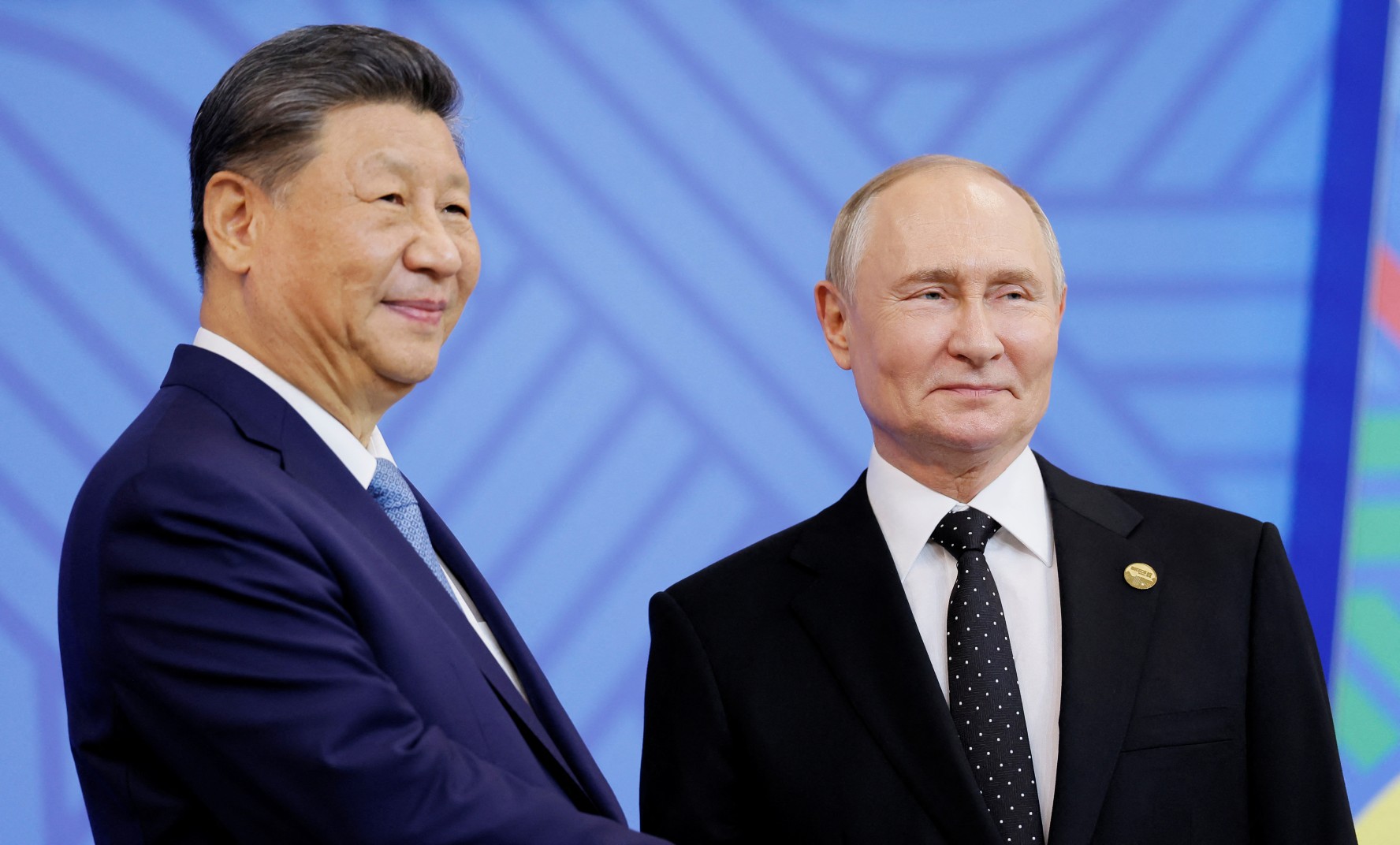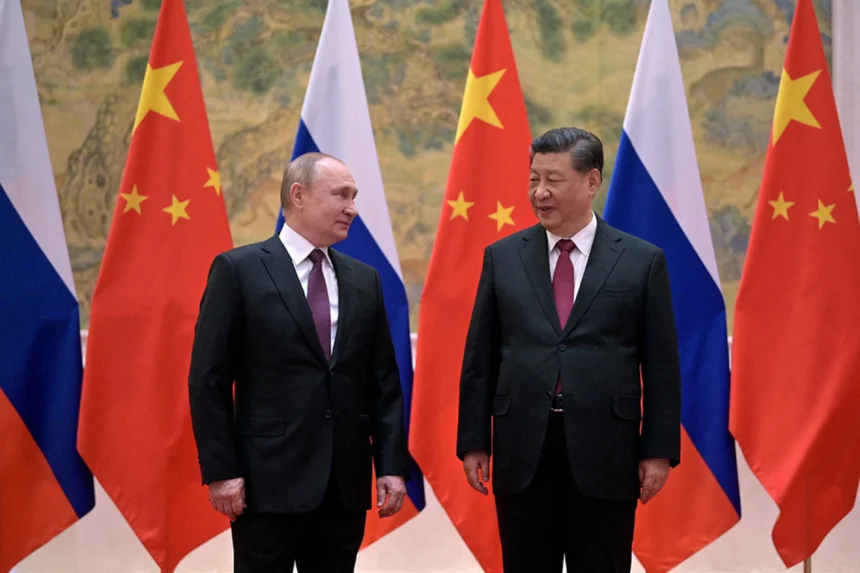Introduction
In 2025, China and Russia’s military ties have intensified significantly, signaling a strategic alignment that defies increasing global sanctions. As Western countries impose strict measures on Russia, the two nations have responded by strengthening defense cooperation, altering global geopolitical dynamics.
Background: Sanctions on Russia and Its Global Impact

Since Russia’s actions in Ukraine led to extensive global sanctions primarily from the US, EU, and allied countries, Moscow’s economy and military procurement have faced severe restrictions. These sanctions aimed to curtail Russia’s defense capabilities but have also pushed it closer to China for military and technological support.
Key Developments in China-Russia Military Cooperation
Joint Military Exercises
Throughout 2025, China and Russia have conducted large-scale joint military drills in the Asia-Pacific and Siberian regions. These exercises focus on enhancing interoperability and readiness for combined defense operations.
Technology and Arms Trade

Russia has increasingly supplied China with advanced military hardware, including missile systems and aircraft technologies, bypassing Western embargoes. In exchange, China provides Russia with cutting-edge technology, including electronics and AI-driven defense systems.
Strategic Dialogues and Defense Agreements
High-level meetings between defense officials have resulted in expanded agreements covering cybersecurity, space defense, and nuclear strategy coordination. This alignment is seen as a counterbalance to NATO’s presence in Eastern Europe and the Indo-Pacific.
Geopolitical Implications
- Shift in Global Power Balance: The alliance challenges Western influence and complicates diplomatic efforts to isolate Russia.
- Impact on Regional Security: Neighboring countries and the US are reassessing their defense postures in response.
- Sanctions Evasion: China-Russia cooperation facilitates Russia’s evasion of sanctions through alternative trade routes and joint ventures.
Challenges Ahead
Despite growing ties, the partnership faces hurdles such as mutual distrust, economic constraints, and the challenge of integrating complex military systems. Additionally, international pressure and potential sanctions against China itself create uncertainty.
Conclusion
The deepening China and Russia military ties in 2025 underscore a significant shift in global geopolitics driven by sanctions and strategic interests. While this alliance strengthens both nations’ defense capabilities, it also heightens global tensions and uncertainty.
For more on related geopolitical developments, see our detailed article on Impact of Western Sanctions on Russia’s Defense Industry.
Learn more about global military alliances and their impact on world security at the Council on Foreign Relations Global Conflict Tracker.









